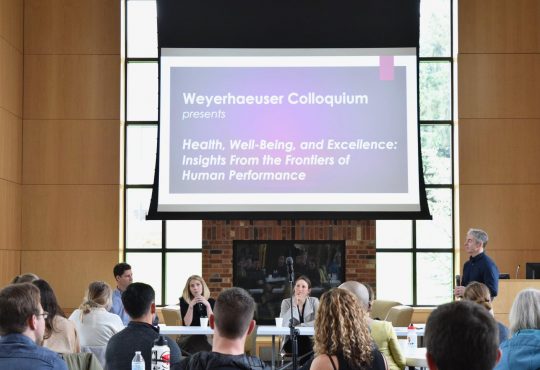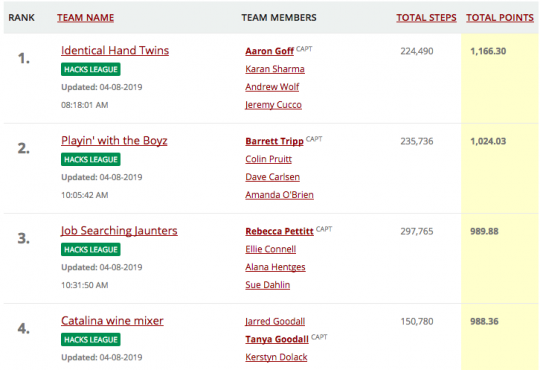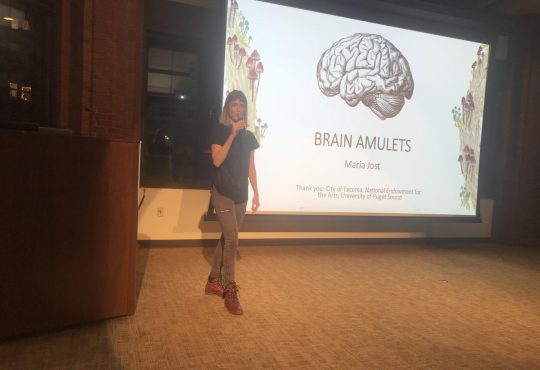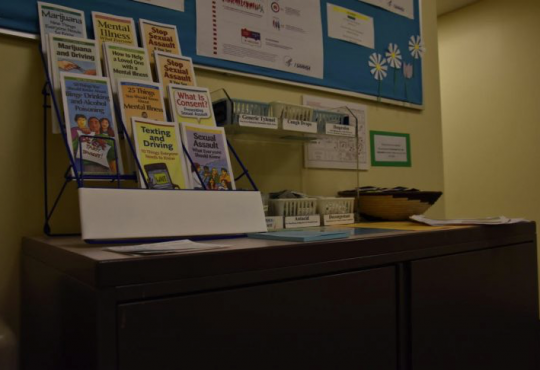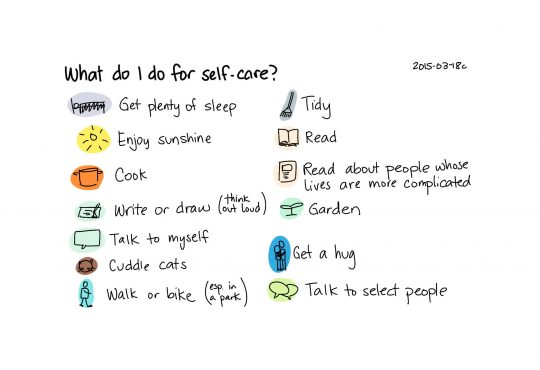By Marcelle Rutherfurd
According to the National Association of Anorexia Nervosa and Associated Disorders (ANAD), upwards of 30 million individuals in the United States are affected by eating disorders. The issue of negative body image and the mental issues that stem from it is a huge part of today’s society. From day one, American children are bombarded by images of “perfect” bodies, due to the tendency of popular media to portray one stock body type that is considered generally attractive.
With such a harsh and triggering environment surrounding us, both student and faculty organizations here at Puget Sound have taken the leap to provide workshops and opportunities for students to share experiences and begin the healing process.
February 23-26 is Love Your Body Week, hosted by several organizations including the Counseling, Health and Wellness Services (CHWS), The Puget Sound Yoga Club and the Puget Sound chapter of the National Alliance on Mental Illness (NAMI).
“The purpose of this week is simply to bring awareness to the experiences of people with eating disorders and other struggles related to body image, mental health, etc. and to encourage people to have a healthy, positive relationship with their body and themselves as a whole person.” President of NAMI, Anna Goebel says.
Self love and self care are things that young adults, especially college students, always struggle with. But research shows that the problem is deeply rooted in our societies obsession with weight loss and achieving that “perfect body”.
Disordered eating and mental issues surrounding food and body image are disturbingly common on college campuses. According to a study conducted by ANAD, 25 percent of college-aged women engage in binging and purging as a weight management technique. In addition, over one half of the teenage girls and one third of the teenage boys surveyed used unhealthy techniques such as skipping meals, fasting, smoking cigarettes, vomiting or taking laxatives to control their weight.
“I think college is a time when a lot of students struggle with body image. It’s easy to get caught up in a culture of dieting and unhealthy behaviors. It’s important to be reminded that it’s possible to have a healthy self-image without having to resort to dieting or over-exercising.” Instructor of the Yoga Club and member of NAMI, Caroline Perris says. “For me, at the times I struggled the most with body image, I also struggled significantly with other aspects of my life. Having a body-positive culture at a campus-wide level is important because it encourages students to take care of both their mental and physical health, which enables them to be successful in all aspects of life.”
Perris points to the fact that students are unlikely to succeed academically under the effects of disordered eating and unhealthy self image, and risk life long health problems (both physically and mentally) as a result.
According to the National Eating Disorders Association (NEDA), anorexia nervosa can result in loss of muscle, loss of bone density, abnormally low heart rate and blood pressure, to name just a few of the side effects. Bulimia nervosa has similar side effects, in addition to more violent ones consistent with the binge-purge cycle.
But one of the answers to these daunting problems lies in the systematic healing provided by safe spaces for discussion and support.
The Love Your Body Week events include a workshop to help those struggling build a healthier relationship with food, an AcroYoga class to get people in touch with their bodies in a healthy way, and an open mic night for survivors to share experiences and creative work inspired by their struggles.
“The event that NAMI is hosting on Thursday night is a little broader and is an open mic night that we have entitled “Love Yourself.” With this event, we really just wanted to create an environment where people can share their stories and talk about all sorts of struggles with mental health and learning to love one’s body and self. Those kind of vulnerable conversations do not happen enough on this campus and so we wanted to create a safe place for people to speak out.” Goebel says.
All the event details can be found on the public Facebook group “Love Your Body Week at University of Puget Sound”.
The end goal of this event is to achieve an atmosphere of healing and support for survivors on campus, but also to bring the discussion surrounding this issue to the forefront.
“I’ll say that I know many members of the UPS community who feel that the university does not do enough to support the mental health of students.” Perris says.
“Although I generally agree with this statement, working to plan this week of events has also helped me to realize that sometimes all it takes is a student or a group of students willing to dedicate their time and energy to make a positive difference in the campus culture.”

